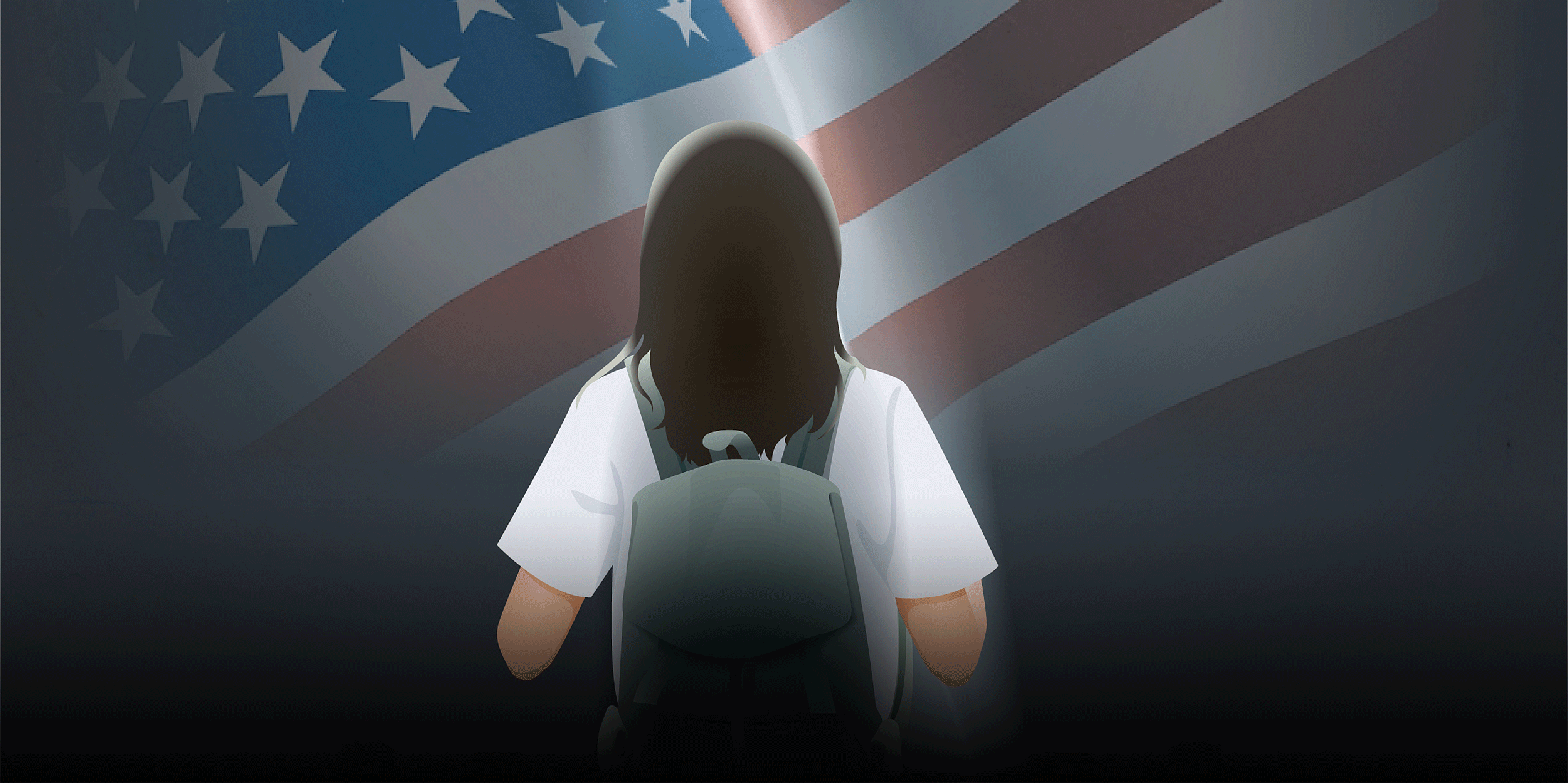
Think Twice: China Tells Tourists and Students Eyeing the U.S.
China has issued rare warnings to its citizens, urging students and tourists to reassess plans to visit the U.S. amid escalating trade tensions. The travel and education advisories came hours before the U.S. announced a new wave of tariffs on Chinese goods, pushing duties on some imports to as high as 145%.
China’s Ministry of Culture and Tourism cited both deteriorating bilateral relations and concerns over public safety, while the education ministry pointed to newly passed state laws seen as unfriendly to Chinese institutions and students.
Such advisories are typically reserved for moments of serious concern. The last U.S.-related travel warning from China’s Culture Ministry came six years ago, following a string of shootings and thefts. Around the same time, the education ministry cautioned students about tightening visa policies.
Before the pandemic, Chinese tourists made up the largest group of overseas visitors to the U.S., spending an average of over $5,000 per trip. While tourism from China surged nearly 200% in 2023 compared to the year prior, reaching 1.1 million visitors, numbers still lag far behind pre-2020 levels.
In higher education, too, Chinese students were among the largest group of international enrollees in the U.S., contributing to the $50 billion international students added to the U.S. economy in the 2023–2024 academic year. But China saw a 4% drop in enrollment — its first slip from the top spot since 2009, according to the Open Doors Report.
The warnings have stirred unease among prospective Chinese students, with a related hashtag on microblogging platform Weibo drawing over 67 million views.
“I don’t really understand all these policies — they haven’t affected my daily life yet, but the atmosphere is so tense,” said Huang Chuxuan, who plans to start graduate school in California this fall. “Feels like I picked the worst possible time for everything.”
Others worry more about visa uncertainty, especially after reports of sudden, unexplained revocations.
“My biggest fear is not getting the visa,” said Cece, a prospective Ph.D. student who requested a pseudonym for privacy. “I’m being extra careful.”
The China Film Administration has also weighed in, announcing plans to further limit the number of American films allowed into the country. The move, it said, reflects shifting audience sentiment following the U.S. tariff hike.
The number of U.S. films imported into China has already dropped sharply in recent years. Just 36 were approved in 2024 — down nearly 43% from 2018, according to consultancy Top Century.
“The U.S. government’s reckless imposition of tariffs on China is bound to further sour Chinese audiences’ perception of American films,” the administration said in a statement.
Additional reporting: Lu Zhiyi; editor: Apurva.
(Header image: VCG)










